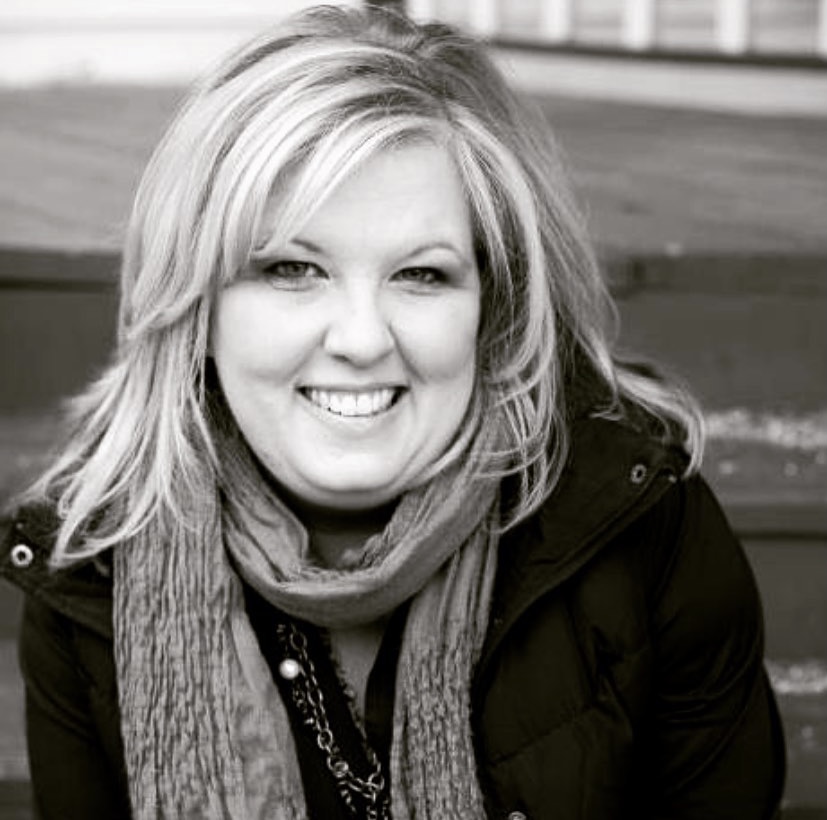Michael Grecco is currently at the end of his rope.
Not only is he, along with the rest of the world, dealing with the continued uneasiness of the pandemic, but for more than 15 years, he has had the responsibility of taking care of his now-81-year-old mother. A proud woman at her core, Grecco’s mother has endured a series of strokes, operations, procedures, and worsening dementia through the years.
But perhaps Grecco himself has had to endure a similarly hard burden.
“I’m very sad, if I’m being honest,” the 61-year-old Woodridge resident says, his voice quivering under the pressure of watching his mother go through everything. “I love my mom, but all of this can be absolutely exhausting. I can do something for her, and five minutes later, she won’t remember it at all. [Dementia] is like a black hole that is absorbing everyone’s energy.”
This past year, with its constant reminders of how short life really is, has deepened the pressure. Caregivers of all types seem to be feeling the strain and stress of balancing caregiving and personal needs.
“There are days when I literally feel like I am burning the years I have left taking care of a person who doesn’t even realize that I am doing it,” Grecco admits. “It’s laying on my heart something fierce.”
Mounting stress
The mental and physical exhaustion that come from caregiving for a loved one can surface in a variety of ways. For some, it can be emotional, whereas the caregiver is verbally short with someone or seemingly agitated over the most common tasks. For others, the mental toll it takes on the caregiver can show up physically, whether through exhaustion, random aches and pains, or even a persistent headache.
The pandemic made issues worse for hired caregivers as well as family caregivers. “With the pandemic, it just added fuel to the fire,” says Elizabeth Birch, founder and CEO of Home Care Angels, which provides home caregivers. “It just added a whole other amount of stress to the already-ongoing stress of being with someone and being able to care for them in the proper way.”
Deborah Hart, CEO of retirement community Montgomery Place, adds, “The past year stressed everyone in healthcare. Covid has done a number all the way around. I see the stress. There is a lack of energy in people. It’s almost as if they are just plodding through life.”
And with a majority of caregivers being female, it’s important to remember that many are dealing not only with the stress of caring for a loved one, but also with caring for their family and friends once they get home.
Finding respite
Often, the caregiver desperately needs a break. Perhaps it’s a mini vacation — a quick jaunt away to clear their head. Or maybe, it’s something as simple as a mindfulness exercise before beginning the day.
“It’s all about finding the joy in a small moment of the day in order to recenter your psychological wellbeing,” Hart says. “Take 30 seconds to find the purpose of your day, and then throughout the day, evaluate how you are meeting that purpose. Step back for a moment and give yourself a few minutes to tell yourself that you are okay. Sometimes, a moment of peace and calm is all you need.”
If that doesn’t work, it might be time to consider a longer respite for the caregiver. Look into the possibility of inviting another loved one to take on the job or using a contract service provider, so everyone involved is given the down time they need to keep mentally and physically healthy.
The act of journaling also offers a healthy way to express daily frustrations and concerns. To that end, there are also caregiver support groups, such as the Illinois Family Caregiver Support Program which can connect people going through similar situations.
And for those adult children like Grecco who simply feel like there is nowhere else to turn, bringing in a professional to assist with caregiving is often the best option.
“Everyone thinks they can do it, but there are so many dynamics in the family. Parents push buttons, adult children push buttons,” Birch says.
She says when caregivers came in to take care of her parents, she breathed a sigh of relief and realized she could be a daughter again, instead of worrying about her parents’ day-to-day care.
Now, Birch says she often tells adult children: “I can’t wait to hear you sigh and say, ‘I’m going to get the best night’s sleep tonight, because I know [the caregiver] who is with my parents really cares about them.’ It’s important for you to take some time and understand that you might need a change right now.”
It’s also important to keep perspective. Remembering the larger goal of helping a loved one can bring purpose to your efforts.
“Let’s not forget that the joy in caregiving is still there,” Hart says. “Service is still at the center of this. That piece is still our purpose.”



6 Comments
[…] Battling Caregiver Burnout and Stress […]
[…] cialis 20 mg […]
[…] viagra online for sale […]
[…] buy viagra tablet online […]
[…] how well does generic viagra work […]
[…] management — in addition to all the other caregiving duties — can overwhelm family members. But these tips help make mealtime easier and […]
Comments are closed.